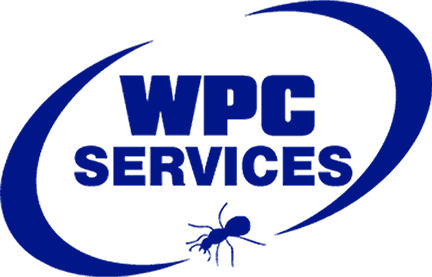Rodents might seem like a minor nuisance at first. A few chewed wires or droppings here and there can feel manageable. But when left unchecked, rodent damage can cost thousands to fix.
How Rodents Damage Your Home
Rodents have strong teeth that never stop growing. To keep them sharp, these animals constantly gnaw on whatever they find. This behavior leads to damage in many parts of your home.
They chew on electrical wiring, which can cause short circuits or even fires. Damaged insulation makes your home less energy efficient, resulting in higher heating and cooling bills. Rodents also tunnel through walls and ceilings, weakening structural materials and creating entry points for other pests.
Besides physical damage, rodents contaminate surfaces with urine and droppings. This contamination can ruin stored food, damage furniture, and create unpleasant odors that linger long after the rodents are gone.

Health Risks Rodents Bring Inside
Rodents are vectors of diseases and bacteria, capable of spreading hantavirus, salmonella, and leptospirosis. In addition to disease, rodent fur and droppings can trigger allergic reactions and make asthma symptoms worse, especially in children and the elderly. The longer rodents stay inside your home, the higher the risk that your family’s health will be affected.
Why Rodent Problems Get Worse Over Time
Rodents reproduce quickly. This rapid growth means a small problem can turn into a full-blown infestation before you realize it. More rodents mean more chewing, more contamination, and more noise. They become harder to control and remove, and the repairs needed become more extensive and costly.
Ignoring the problem only gives rodents more time to settle in and multiply.
Signs You Have a Rodent Problem
Rodents are mostly active at night and avoid humans, so you might not see them directly. But they leave behind clues of their presence on your property, like droppings, gnaw marks, scratching or scurrying noises, nesting materials, grease marks, and an unusual musty or ammonia-like odor.
Spotting these signs early lets you act before the problem grows.
How Rodents Enter Your Home
Rodents are natural contortionists. You might think that your home is tightly sealed against rodent infestations, but they’ll prove you wrong. They’ll use the smallest of gaps around doors, windows, vents, pipes, and cracks in the foundation to get inside.
Cluttered yards, overgrown vegetation, and piles of debris near your home can also provide shelter and hiding places for rodents. Firewood stacked against the house or garbage left uncovered also attracts these pests.
You can reduce the chances of mice infestation if you understand how they get inside your home in the first place.
Taking Action: What You Can Do
Stopping rodents requires a combination of steps. First, remove food sources by storing food in sealed containers and cleaning up crumbs or spills promptly. Keep garbage in tightly closed bins and empty them regularly.
Next, eliminate hiding spots by clearing clutter inside and outside your home. Trim back plants and keep firewood away from walls. Seal cracks and holes in your home’s exterior with durable materials like steel wool and caulk.
Setting traps can help reduce rodent numbers, but traps alone won’t solve the problem if entry points remain open or food is available.
Why Professional Help Makes a Difference
Rodents are smart and cautious. They quickly learn to avoid traps or bait if not placed correctly. Professionals know where rodents hide, how they move, and which methods work best to remove them safely and completely.
Experts also inspect your home thoroughly to find and seal all entry points. They can recommend ongoing monitoring to catch new activity early.
Trying to handle a rodent problem on your own often leads to frustration and incomplete results. Professional services provide a more effective and lasting solution.
The Cost of Waiting Too Long
Delaying action against rodents can lead to expensive repairs. Electrical damage from chewing wires may require costly rewiring. Structural repairs become necessary when rodents tunnel through walls and insulation. Cleaning up contamination from droppings and urine adds another layer of expense.
Beyond money, waiting puts your family’s health at risk. Diseases spread more easily, and allergens build up in your home’s environment.
The sooner you respond to signs of rodents, the less damage they cause and the easier it is to restore your home.
Keeping Rodents Away for Good
The best way not to deal with rodent infestations is to prevent them from happening in the first place.
Regular inspections and maintaining clean and tidy spaces around your property is important. Don’t forget to fix leaks and reduce moisture, too. Like us, rodents need water to survive.
Make it difficult for rodents to find food, water, and shelter. Taking these steps consistently lowers the chance that rodents will move in and cause problems.
Conclusion
Rodents are a threat to your home’s structure, your belongings, and your family’s health. Ignoring a rodent problem lets damage grow and increases repair costs. Watching for signs, acting quickly, and seeking help from pest experts when needed helps keep your home safe and rodent-free.
